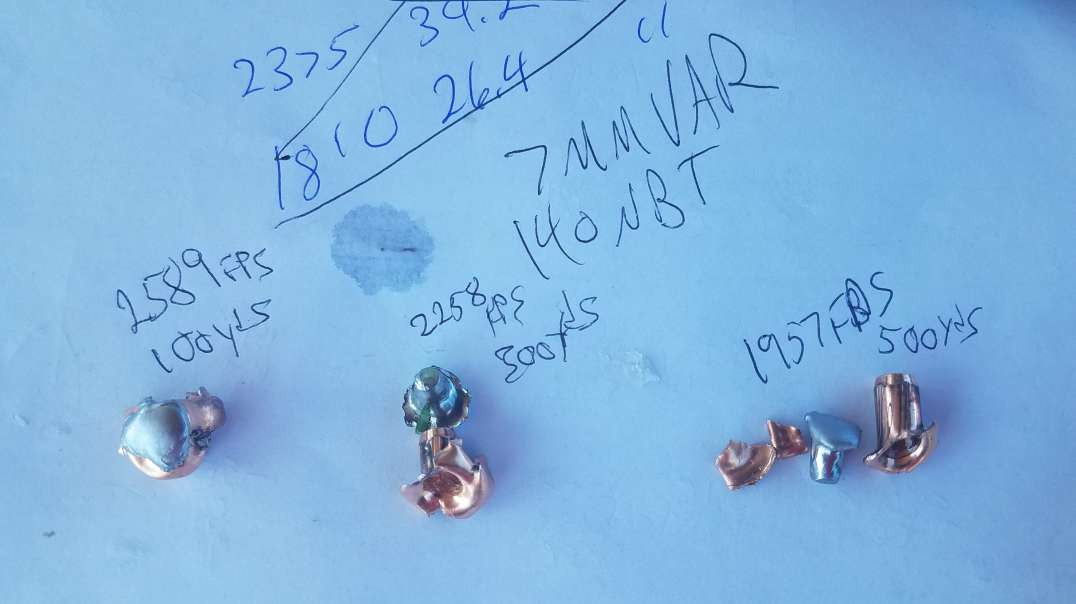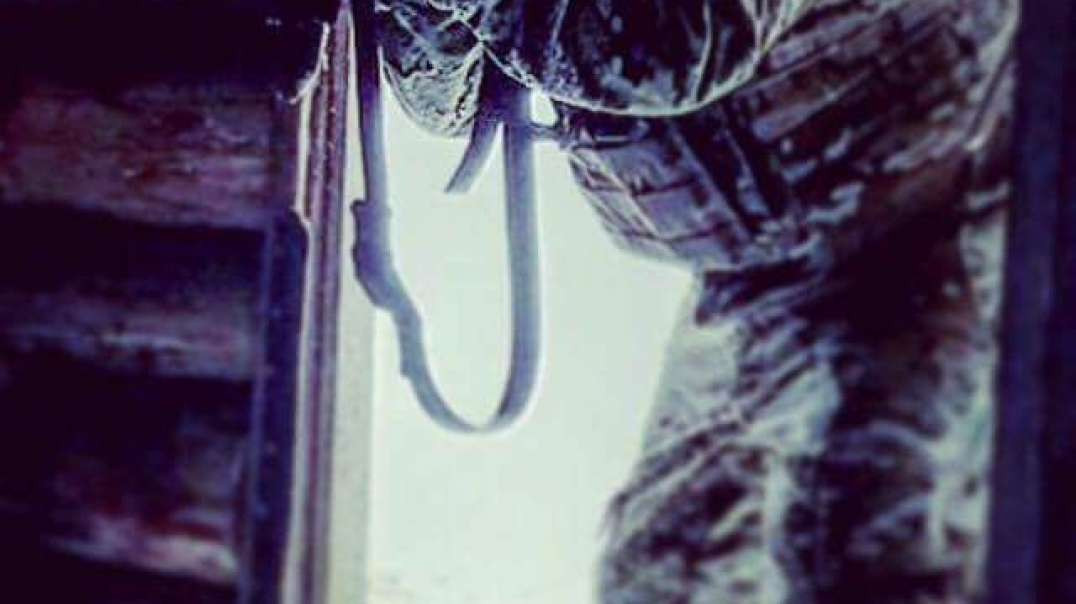Graphic Content: Hoof rot and Coyotes kill an elk and we check it out.
www.firemountainoutdoors
www.facebook.com/firemountainoutdoors
www.myrokon.com
https://www.youtube.com/RokonNation
Find us on Instagram
Bacterial hoof disease (Hoof Rot) is killing our elk at an alarming speed. The herd that roams the Fire Mountain Outdoors facility has gone from 60 to just 6 since 2008. We fire up the Rokon Trailbreaker bikes and head up to grandma's field to see the latest critter that didn't make it.
Make sure and check out a project we worked on that will be airing on Motorweek airing on PBS on March 28th and Discovery's Velocity Channel on April 7th. Check your local listings for times.
Find out more about this disease at:
http://wdfw.wa.gov/conservatio....n/health/hoof_diseas
Over the past decade, the Washington Department of Fish and Wildlife (WDFW) has received a growing number of reports of elk hobbled by missing or misshapen hooves in southwest Washington. This is a major concern for hunters, area residents and state wildlife managers alike. Analysis of tissue from deformed hooves indicates the condition is likely caused by a bacterial disease similar to one found in livestock.
Since 2008, the disease has spread from the Cowlitz River Basin to Pacific, Grays Harbor, Lewis, Clark and Wahkiakum counties, affecting the St. Helens and Willapa Hills elk herds. Scientists believe the bacteria are transmitted through the wet soil of lowland areas.
Test results of diseased hooves sent to five diagnostic laboratories since 2013 point to infectious treponeme bacteria, which have been linked to digital dermatitis in domestic sheep and cattle. A 16-member technical panel of veterinarians and researchers, formed by WDFW to review test results from affected elk, has supported those findings.
First reported in Italy in 1974, digital dermatitis now occurs in livestock throughout the United States and other countries, but has never before been documented in elk or other wildlife. There is no evidence that the bacteria are harmful to humans, and tests have shown that the disease does not affect animals' meat or organs. However, there is no vaccine for the disease and no proven options for treating it in the field.
Is this the cause? We're not 100% convinced.
-~-~~-~~~-~~-~-
Please watch: "AK Platform SAFETY ALERT!! WATCH!"
➨ https://www.youtube.com/watch?v=eiWugP9CXV0
-~-~~-~~~-~~-~-




















